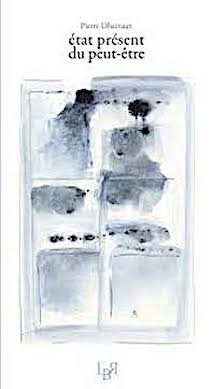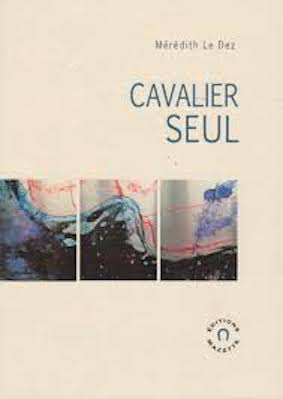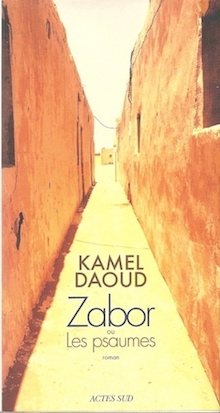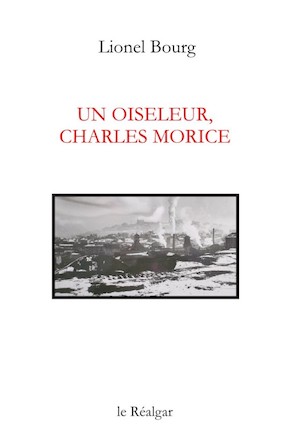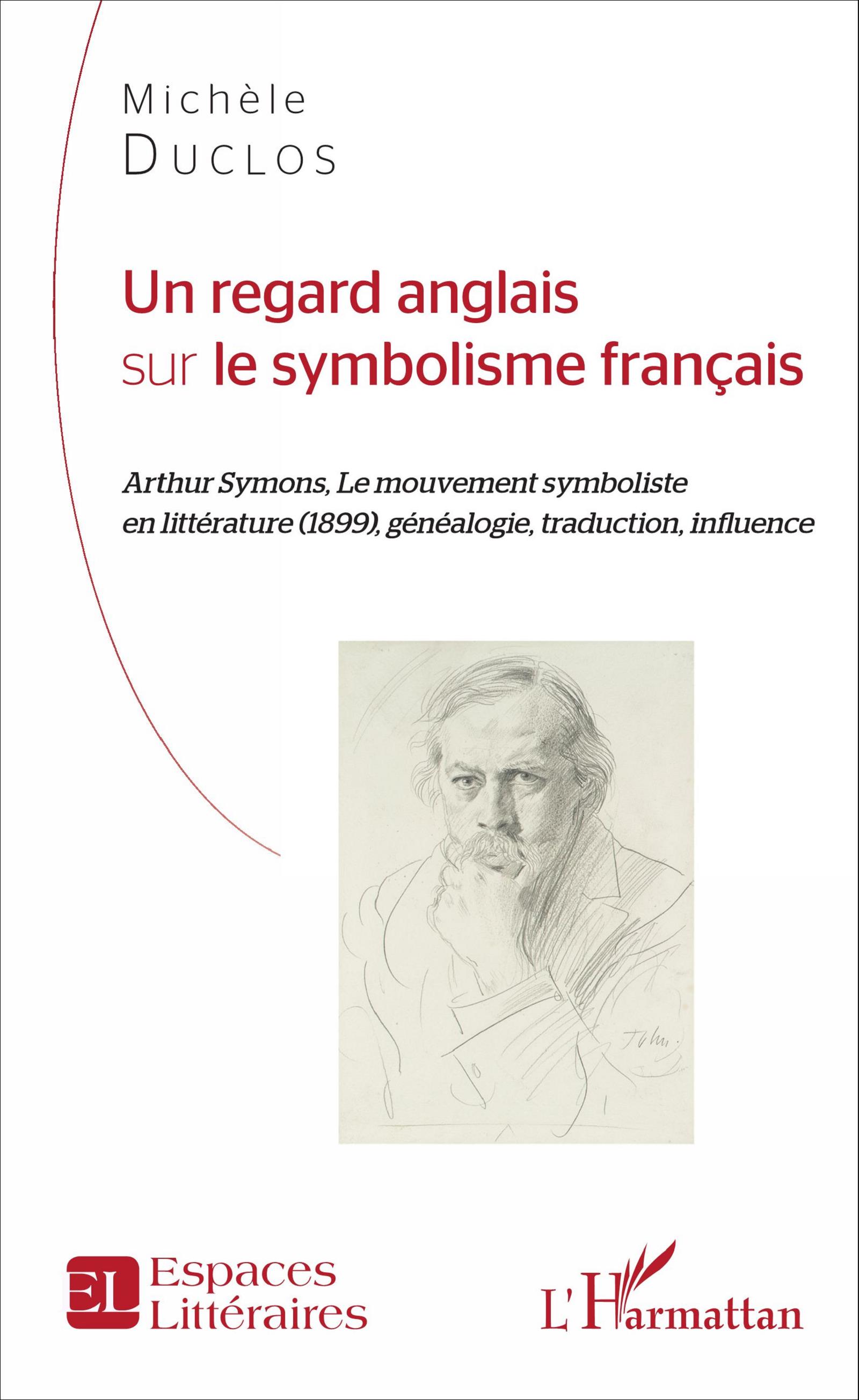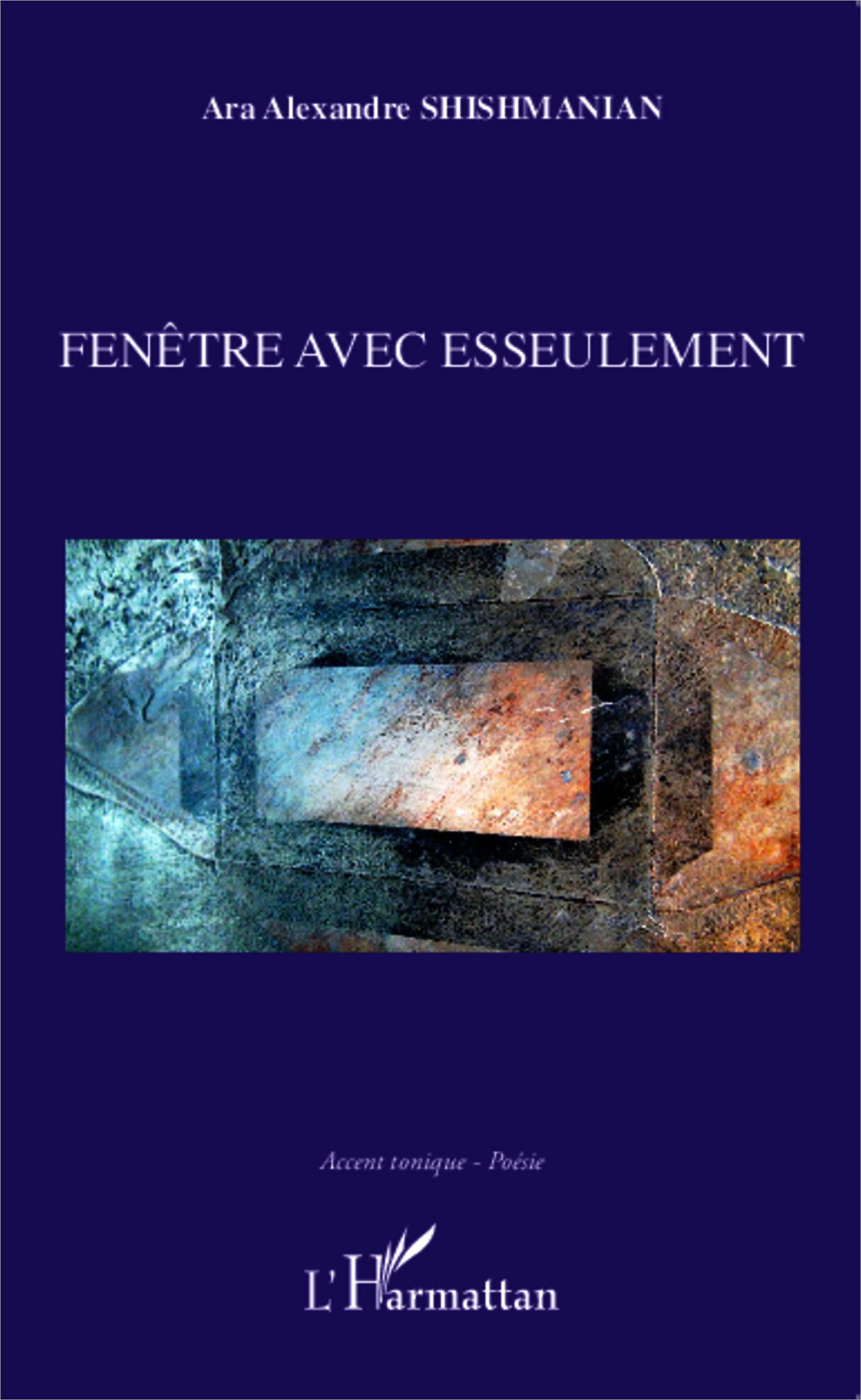*Originally published in Wales
It was Robert Frost who said that “poetry is what gets lost in translation”. As someone who has a particular interest in the poetry of other languages, I have often found the accuracy of this pronouncement irritating.
Fortunately, it isn’t always true. It might be hard to explain why (to quote from a poem in The Trees/Los Árboles by the Venezuelan Eugenio Montejo, a book I reviewed recently for a British magazine) ‘La Vida se va, se fue, llega mas tarde’ works well in the original Spanish though falls a bit flat as ‘Life goes away, disappears, comes back later on’ in the English translation accompanying it. But you don’t need much of a grasp of Spanish or English to realise it does. Some of the other poems in the same book, however, do (or at least I think they do) come across well in English translation. Take the ending of A Photograph from 1948 (Une photographie de 1948). In the English translation this reads:
The same sun-washed countryside remains,
untamed landscapes, fast music,
mines, wide plains, petroleum,
this land of ours flowing into our veins
that’s never managed to bury Gómez.
Gómez was the dictator of his oil-rich but backward country for much of the early part of the 20th century. He was infamous for his shady deals with American companies. His dubious financial deals aren’t central to what I’m saying but this does give an illustration of how it can be revealing to read first-hand accounts of life in other societies.
We in Wales* should be particularly sensitive to poetry in translation. It is the only way many of us can have any chance of appreciating poetry in Welsh. Gwyneth Lewis, in her book Keeping Mum (ne pas piper mot de…), interestingly explored the theme of lost language (and Welsh is all but lost to many of us in Wales, no matter what the official census figures say).
The simple poem that sticks in my mind is What’s in a Name. In the original Welsh and English, this tells us that: ‘Lleian wen is not the same as “smew” / because it’s another point of view, // another bird. There’s been a cull: gwylan’s gone and we’re left with “gull” // and blunter senses till that day / when “swallows”, like gwennol, might stay away.’
A more traditional look at poetry in Welsh can be found in Tony Conran’s superb book, Welsh Verse, published in several editions by Seren. Tony Conran has done a remarkable job of illuminating a poetic tradition that stretches back fourteen centuries, of bringing its unique qualities to robust life for readers who have little or no Welsh. Beginning with a scholarly but very readable introduction, he brings to the reader a wide selection of Welsh poetry in translation, from Taliesin writing on the borders of Scotland in what was still at that time a new language derived from old Brythonic, through the times of the prifardd (chief bard or poet) and their cywyddau mawl (poems of praise), and then comes more up to date with a look at poets like Alun Llywelyn Williams and Nesta Wyn Jones.
For anyone in Wales who already has even a passing knowledge of the traditional forms the pre-eminent question will be ‘how has Tony Conran attempted to render them in English?’ The answer is the best possible one: he has given priority to the meaning and imagery, but tried to give something of a feeling for form in imaginative and original ways. With non-Welsh forms like the sonnet, for example, he has tried to follow the original in matters of rhyme scheme and line length. With the Welsh free metres, he has where at all possible used the Welsh schemes in his translations, and elsewhere tried to find a roughly equivalent English scheme.
His greatest challenges came from the traditional Welsh forms of cywydd and cynghanedd. In the case of the former, he has adapted an Irish form, the deibhidhe, which uses couplets of seven-syllable lines, to achieve a reasonable compromise between metre and cadence. In the case of the latter, he has realised the danger of producing tongue-twisters, and only used cynghanedd to anything like full extent in single lines.
Not everyone will be interested in form and such matters as the adaptability of the englyn for writing in English. There is, however, much in the way of content. A poet like Dafydd ap Gwilym, writing in the fourteenth century, speaks more clearly to us through Conran’s translations than do many writers of today. Take his mock-lament to The Ladies of Llanbadarn. In the English translation, this begins:
Plague take the women here -
I’m bent down with desire,
Yet not a single one
I’ve trysted with, or won,
Little girl, wife or crone,
Not one sweet wench my own!
I’ll look at the alabaster statue of Dafydd ap Gwilym in Cardiff City Hall a little differently from now on.
There were in past times other languages in these islands*. Nearly all of us can only approach this poetry through translation: few of us are fluent in Anglo-Saxon. If you get the chance, I would recommend that you read a translation of Wulf and Eadwacer. Even through the veils of a dead language, rather more than a millennium, a society very different from any modern one, and even a not wholly agreed ‘storyline’, we can still empathise with the Saxon woman calling for her Viking lover and feel for her as she says (in Modern English) ‘For a wolf / Shall carry to the woods our wretched whelp. / Men very easily may put asunder / that which was never joined, our song together.’ There are longer works worth exploring, too. To get a hint of the sound of Old English listen to The Battle of Maldon in the original Anglo-Saxon, and then read a translation. And Seamus Heaney — who can hardly be accused of being an Anglo-Saxon — gave us a terrific free translation of Beowulf as recently as 1999.
I’d better stop there. Otherwise I’ll want to go on about Li Bai, the Chinese poet who was roughly contemporary with the anonymous writer of Beowulf. Still, I must mention that I do have part of one of his poems hanging on my wall. I had it especially drawn up for me about twenty-five years ago!


